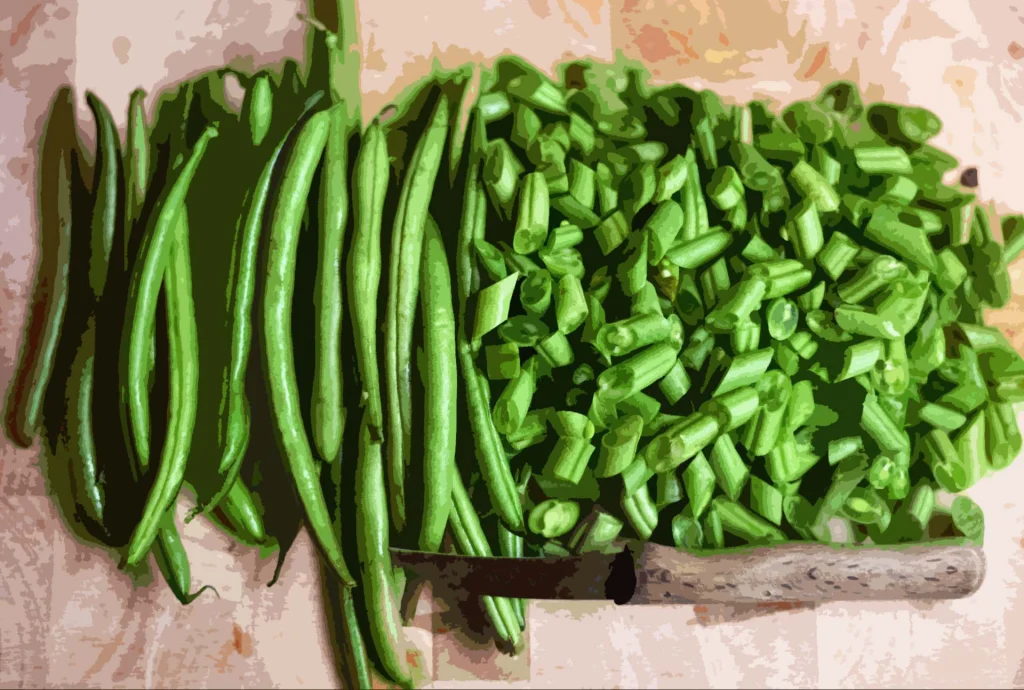The challenge — to spare your life, compose a short poem about two brother without using the word brother.
煮豆燃豆萁, 豆在釜中泣
本自同根生, 相煎何太急
Zhǔ dòu rán dòu qí, dòu zài fǔ zhōng qì
Běn zì tóng gēn shēng, xiāng jiān hé tài jí
Burn the stalks to boil the beans, while in the pot the beans weep.
If we two are of same root, why the quick hurry to fry me?
Seven Steps Verse, Cáo Zhí, (192-232)

The Back Story
This is the popular version of a slightly longer poem by Cáo Zhí (曹植). It dates to the Three Kingdoms Period (220 – 280), not the later Tang dynasty (618 – 907). I have included it because it is amusing.
It is the story of two brothers competing for the throne of their deceased father. Cao Pi, the elder brother, becomes King of the State of Wei. Suspecting his younger brother Cao Zhi of plotting against him, he has him arrested. Then he gives him the task of composing a quick poem pleading for his life, but without using the word “brother.”
Cao Zhi’s life is spared.
The “Seven Steps” refer to the steps to make stir fry. The seven steps included in Cao’s original lines include: 煮 (boil) and 漉 (strain), 燃 (burn) and 泣 (weep), then 煎 (pan-fry). In pinyin, Zhǔ lù rán qì jiān.
What’s left — combine the ingredients, now let’s eat!












